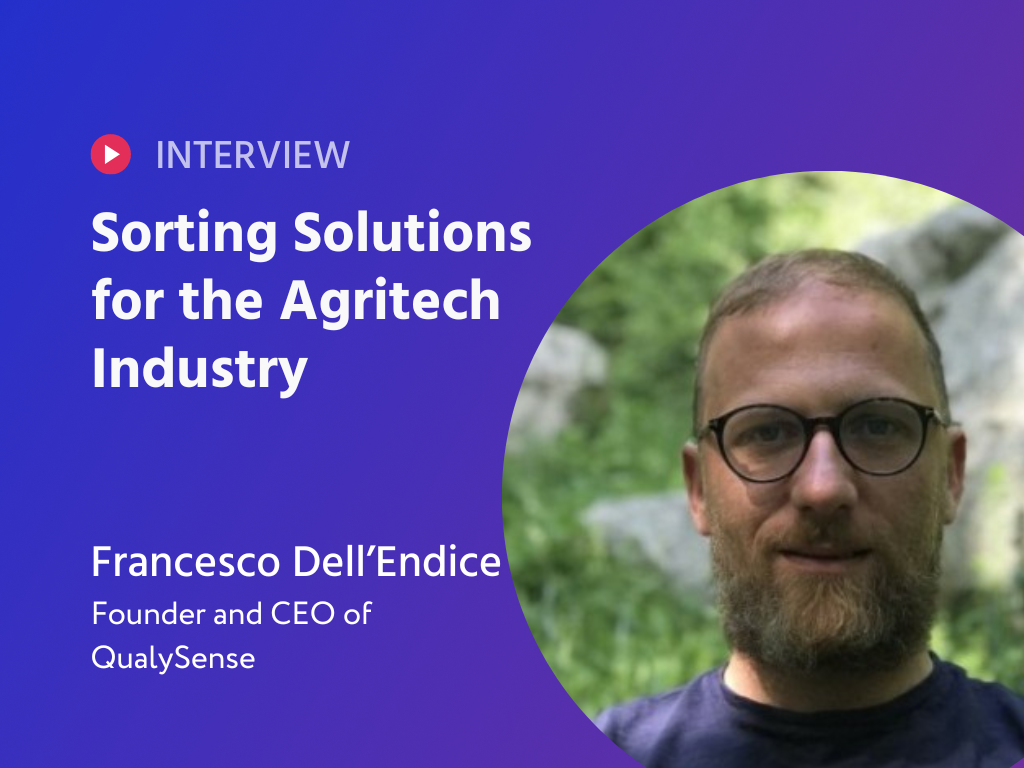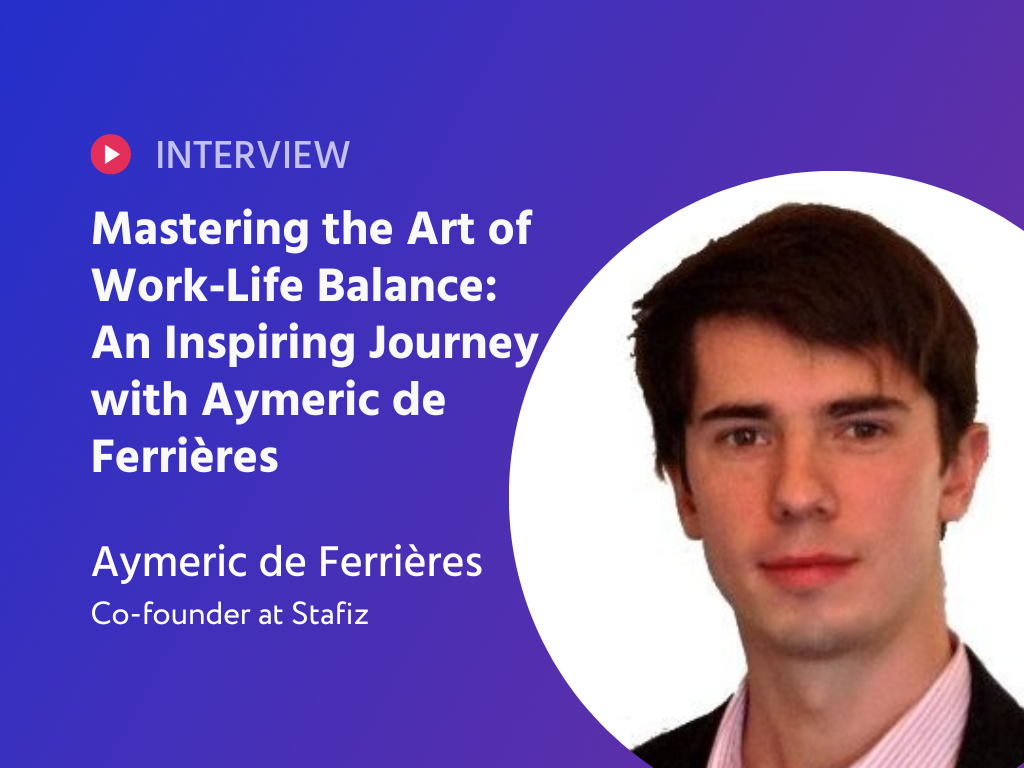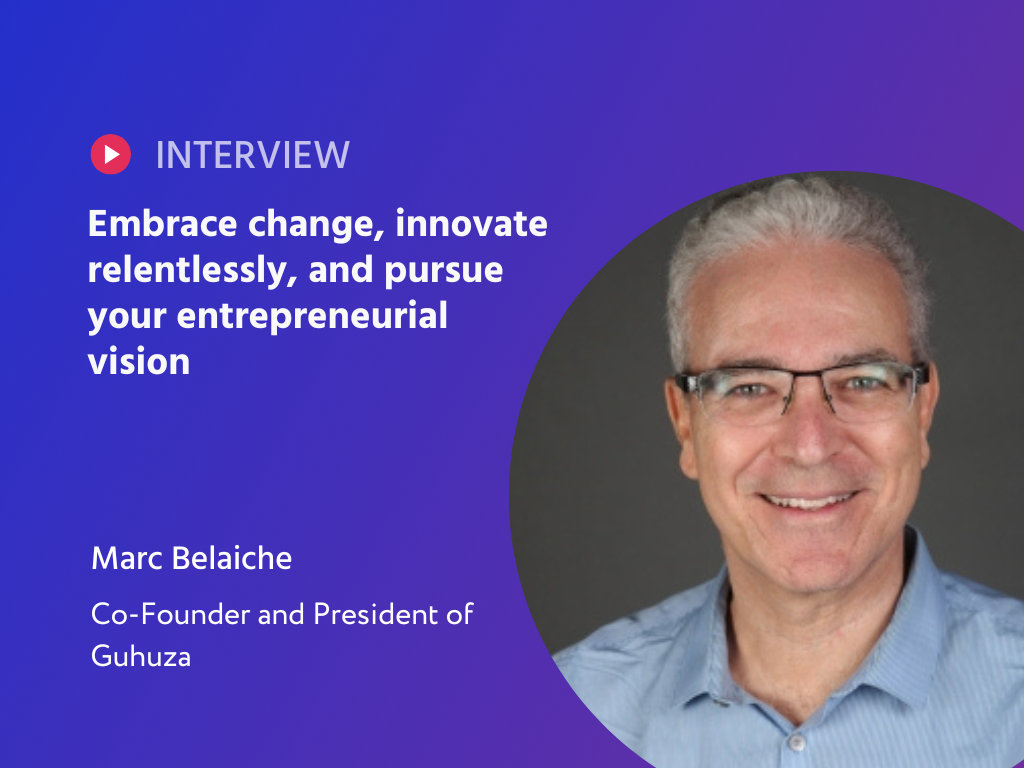In this engaging discussion, we sit down with Steven Rothberg, the pioneering Founder of College Recruiter, a specialized job search site dedicated to college students and recent graduates. College Recruiter is driven by a belief that every student and recent graduate deserves a great career, and that hiring them should be a straightforward, effective process for employers.
Over the course of three decades, Rothberg has navigated a dynamic landscape of technology changes, market shifts, and economic challenges, transforming his business from a printed employment magazine into a highly successful online platform.
This interview delves deep into his entrepreneurial journey, explores the profound disruptions brought about by technological evolution, and offers insight into his future-facing strategies as he anticipates the next major revolution in the industry — artificial intelligence. Dive in to learn from a stalwart who's been successfully bridging the gap between graduates and employers since 1991.
Navigating the Shifting Sands of Recruitment: Steven’s Voyage from Campus Maps to College Recruiter
There's a palpable excitement as Steven, the founder and chief visionary officer at College Recruiter, leans into the conversation. The audience is spellbound as he paints a vivid picture of his journey from a small business marketing programme student to the trailblazing entrepreneur he is today. A native of Winnipeg, Canada, Steven found the kernel of his future enterprise in an Arizona State University campus map with ads around the borders, which he tried to bring into his friend's coupon magazine business. When his friend declined, Steven took the plunge himself, kick-starting a venture that would ultimately morph into the revered job search site, College Recruiter.
"Cultivating a job search niche for college students and recent graduates was a critical turning point in our journey," Steven reminisces. His company, he explains, fervently believes in empowering students and recent graduates to secure rewarding careers and strives to simplify the hiring process for employers. The focus of College Recruiter is on these young adults who have graduated within the last three years, differentiating it from general job search sites. The customer base is expansive, ranging from Fortune 1000 companies, government agencies, to organizations aiming to scale their workforce. With a casual, conversational tone, Steven recounts the story of their early internet ad that unexpectedly garnered a paying customer. A lightbulb moment, it led to a thriving e-commerce presence and the eventual phasing out of print publications by 2000.
The voyage, however, wasn't without its share of choppy waters. The advent of smartphones disrupted the industry, bringing fresh challenges as job seekers started to pivot towards mobile browsing. This shift posed a significant problem as most employers lacked mobile-friendly application processes. Looking ahead, Steven predicts the rise of AI and the impending change in Google's search results to be the industry's next big disruption. "Most job boards are about to lose the vast majority of their free traffic. If they lose their free traffic, they lose their traffic," he warns.
Cultivating a job search niche for college students and recent graduates was a critical turning point in our journey
In a quote that encapsulates his unflinching spirit, Steven states, "We must evolve to stay relevant. That's been our mantra since our days of campus maps. And it's what will carry us into the future."
Lemons to Lemonade: How Steven Turned Paid Traffic into Gold and Anticipates the Future
In an era where organic traffic is hailed as the holy grail, Steven's approach challenges the norm. "In some ways, it's turning lemons into lemonade," he reflects on his company's unconventional journey in the SEO realm. The numbers bear testimony to his strategy, with thousands flocking to their site, primarily driven by paid traffic. But that's just half the story.
"We buy from other job boards, most of our traffic," Steven confides, revealing the cogs behind the formidable machinery. It's a game of numbers and percentage deals, with a cascade of clicks transitioning from his platform to potential employers. A typical transition, where they might earn a dollar for a click, could also mean a shared profit for their partners, the 'publishers'. This well-oiled mechanism, built on symbiotic relationships, insulates them from seismic shifts in the tech behemoth Google's evolving algorithms.
Perhaps the most defining moment came in 2016, on a casual walk by the Great Lakes. An epiphany struck Steven and his wife, also his company's CEO, culminating in the birth of a revolutionary product – 'Jobs That Scale'. "It was the most productive 10 minutes of my life," he recalls with a hint of pride. The concept was simple yet ground-breaking: a pay-per-click job posting model. Employers would pay not for a time-bound ad, but every time a candidate transitioned from their site to the employer's.
Steven doesn't shy away from admitting his wife's pivotal role in this journey, whose technological prowess greatly complemented his vision. He says, “If I had done that, I would have been…where they have this really vague vision, but they can't articulate it. And if they can't explain it to the developer, the developer cannot build. You can't build what your customer doesn't even know they want."
As the company's visionary, Steven has an uncanny knack for foreseeing trends, with an eye always on the horizon. Borrowing and learning from different sectors, he keeps his company at the forefront of innovation. His mantra? "Beg, borrow and steal good ideas from other industries and then try to figure out how to apply that in our industry." Steven’s keen foresight and adaptability, coupled with an unconventional strategy, have created an enviable footprint in the digital landscape.
Beg, borrow and steal good ideas from other industries and then try to figure out how to apply that in our industry
"There are hours and hours of conversation before and after that, but that guts, that moment was right, then," he sums up, encapsulating the ethos of his company’s journey thus far – a blend of meticulous planning, innovative thinking, and seizing the moment when it comes. A ride that’s far from over, and with a visionary like Steven at the helm, the best is probably yet to come.
Steven's Blueprint: Keeping Relevance in a Changing Business Landscape
In a captivating discussion, Steven wove a tale about partnerships in the business world. He elaborated on the need for solid understanding of your business's strengths and limitations, a wisdom gathered through trials. "We are really bad at reselling, or offering third-party products or services," Steven confessed, acknowledging the frequent temptations to bundle external products to their own offerings. But, he highlighted the importance of saying no at the right times, not because the other company is lacking, but due to the clear understanding that their own business isn't adept at such models.
Saying no, at the right times, and keeping your focus is really important
Steven took a trip down memory lane, reminiscing the vibrant evolution of the tech industry. From a perspective of being in the business for over three decades, he noted that even though from an outsider's point of view, the changes might seem negligible, the industry is constantly evolving, and that's what keeps them engaged. The key to surviving the turbulent waters of business for them was staying relevant. They navigated through these changes by steadily evolving and making strategic adaptations rather than attempting to overhaul their business model completely.
The secret sauce to staying relevant, according to Steven, lies in understanding your business from the customer's perspective. Using the Entrepreneurs Operating System (EOS) for the past five or six years helped them to look at their business through the eyes of their customers. He emphasized the importance of focusing on what customers are really buying from you and how to serve them better. Steven’s insights provide an intriguing glimpse into the dynamic nature of businesses and how staying relevant, even after 30 years, could lead to sustained success.
The Symbiosis of Love and Business: Steven's Unconventional Path to Success
Steven could well be dubbed a sage of entrepreneurial wisdom, yet his philosophy is surprisingly simple. His harmonious merger of business with personal life shatters conventional wisdom. As someone whose partner is not just in life but also in business, he doesn’t shy away from crediting his success to this unique relationship. "She accommodates my eccentricities," he confesses, illustrating how a deep understanding forms the basis of their enduring business dynamic.
But it's not just a tale of success without challenges. Steven acknowledges that entering into business with a spouse can be a dangerous proposition for many, urging that such a course may not be right for the vast majority. The secret sauce to their success? Separate but overlapping domains. They both had their respective areas of expertise, with minimal interference in each other's territory. As Steven put it, “I did much more of the sales and marketing. That was her domain. We always had some overlap, like you do with all businesses.” Their mutual respect and strong communication skills proved instrumental in creating a balanced power dynamic that resisted spilling over into their personal life.
"The two of those have to work beautifully together in order for that business to succeed. And even if they work beautifully together, the business still might fail, because then you might just be producing a product that your customers don't want anymore."




